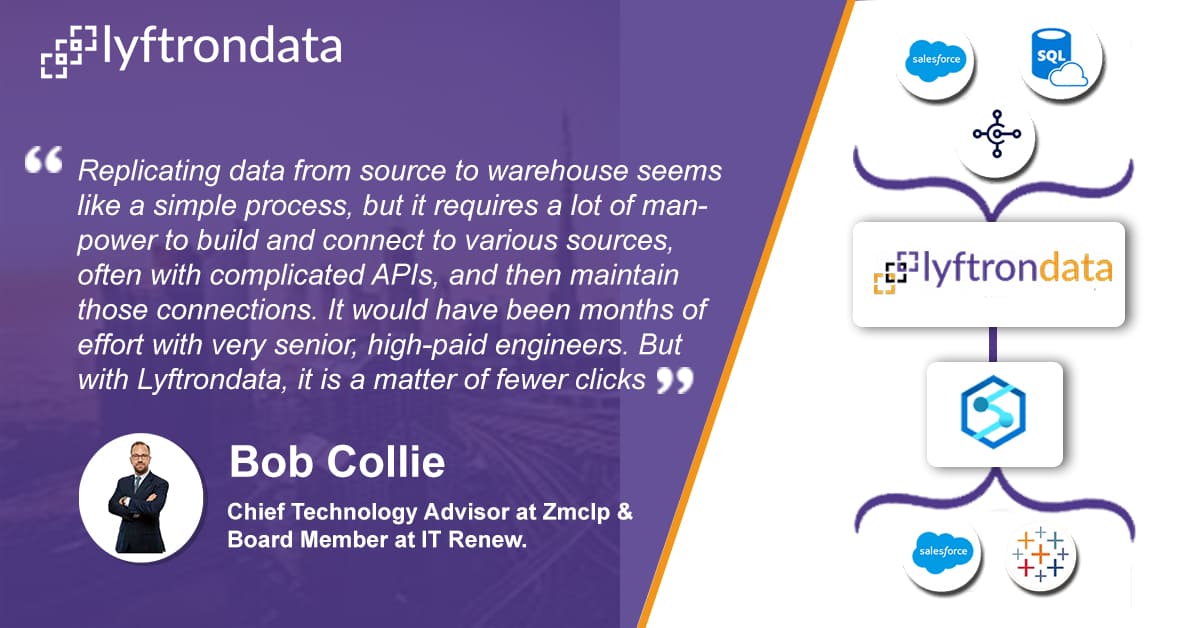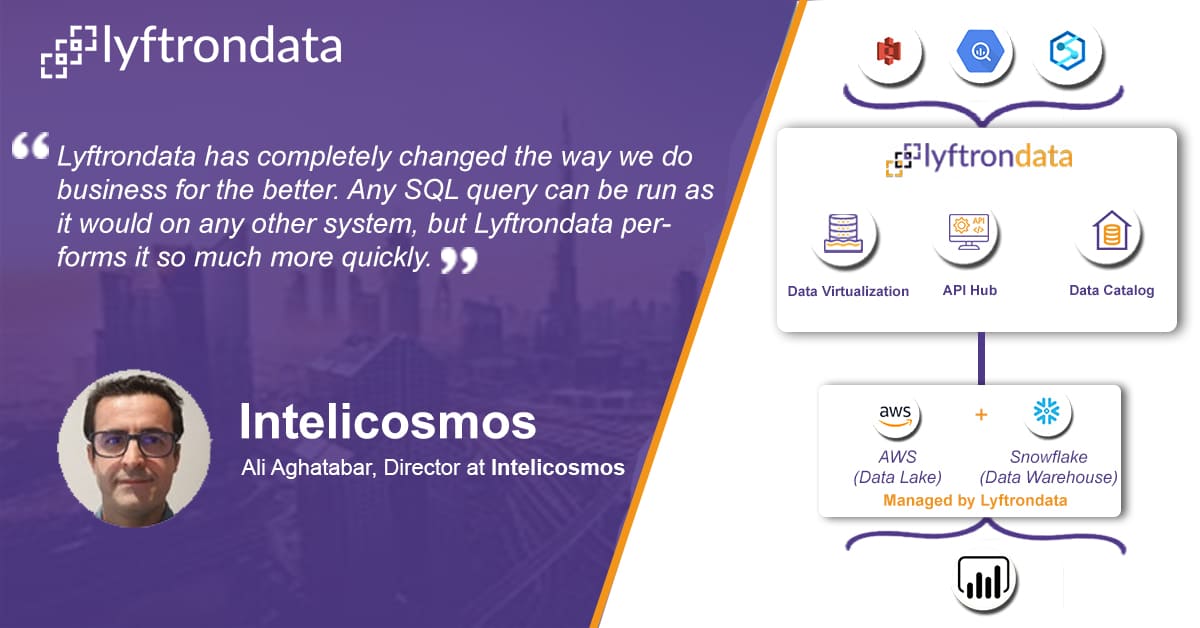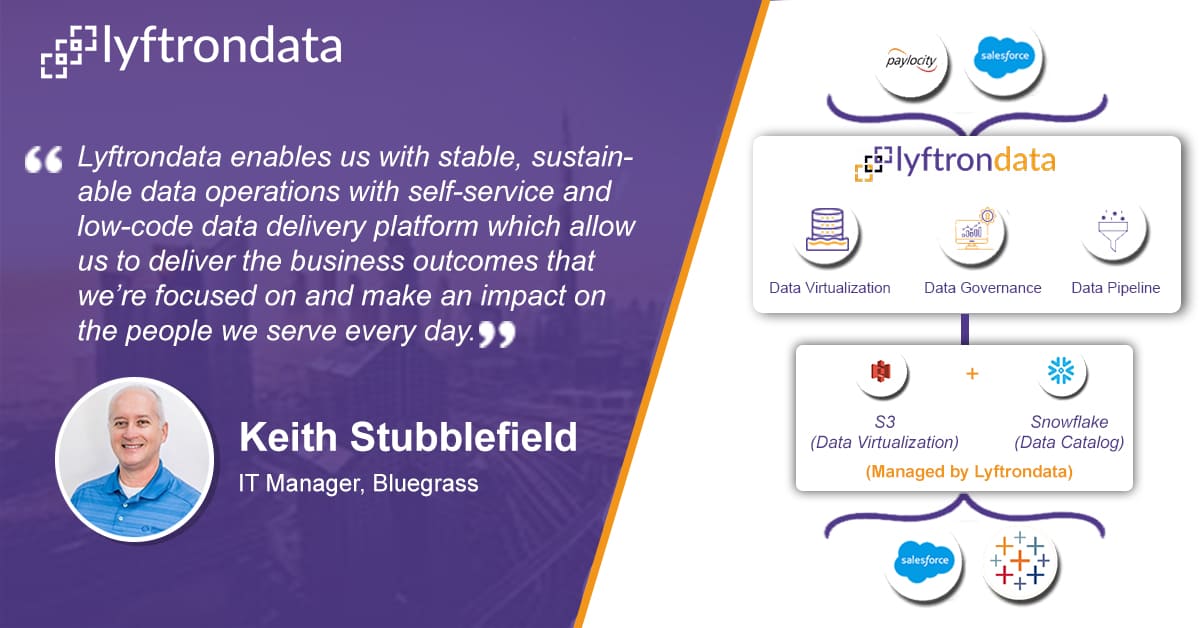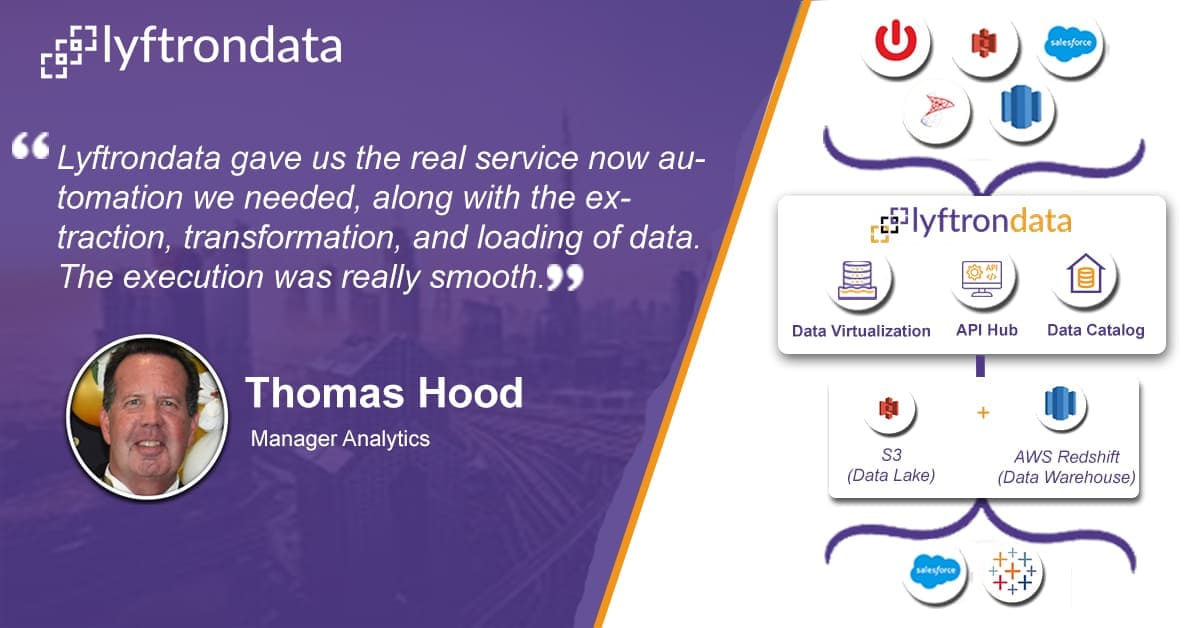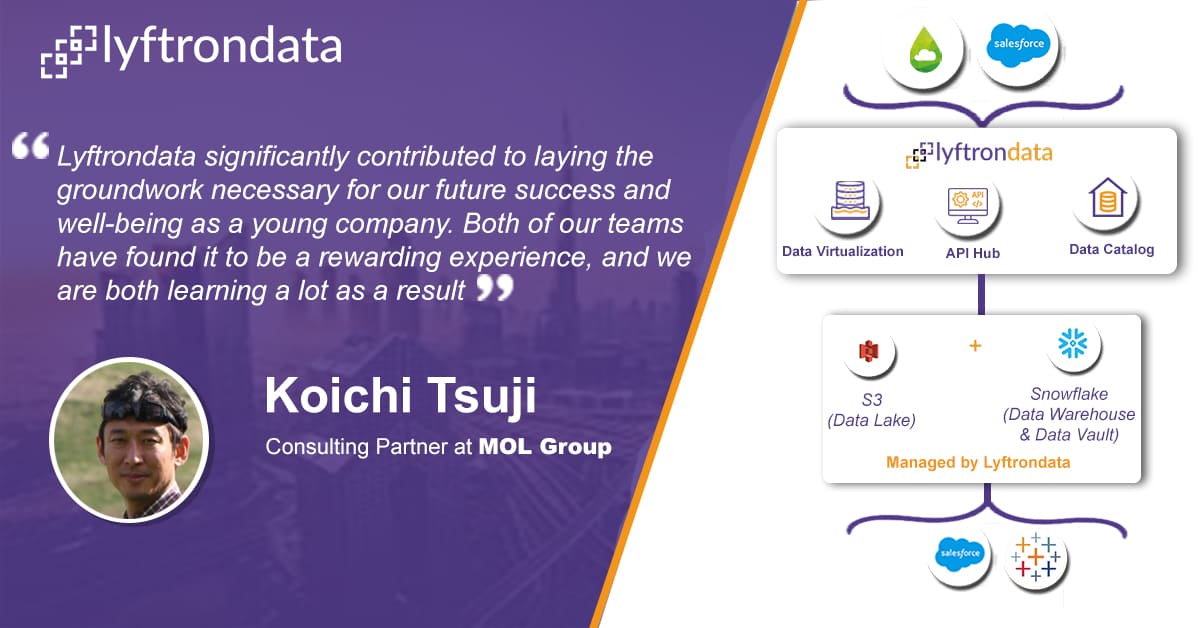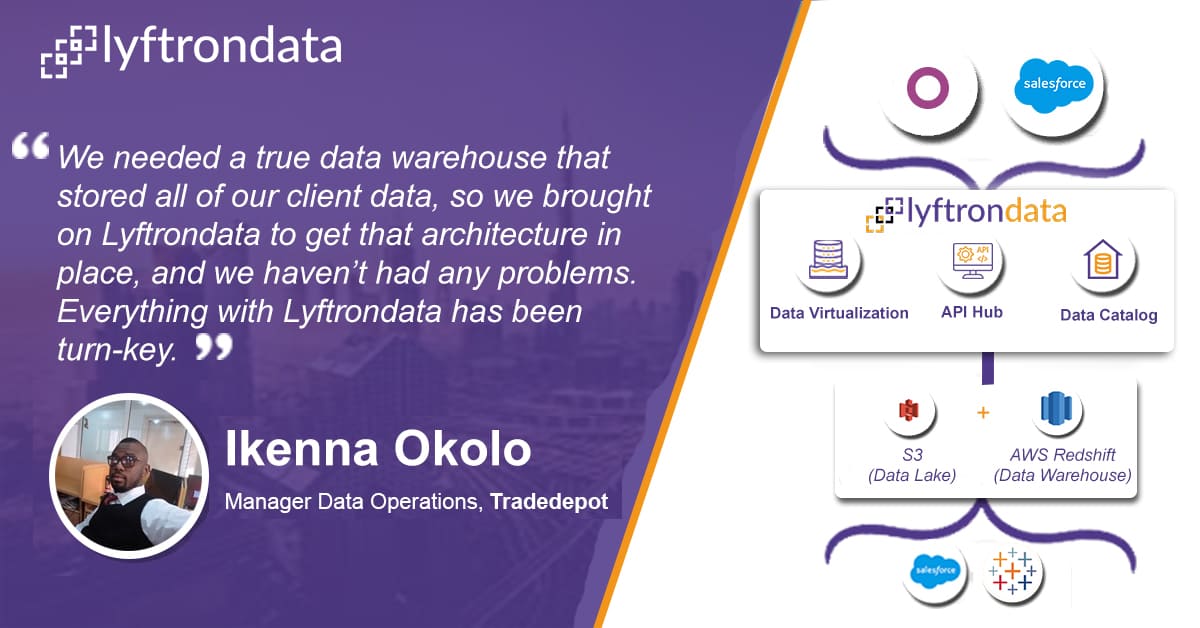200X Acceleration at
1/10th of the cost
Zero
maintenance
No credit card
required
Zero coding
infrastructure
Multi-level
security
Simplify MemSQL integration in
4 simple steps
Create connections
between MemSQL and targets.
Prepare pipeline
between MemSQL and targets by selecting tables in bulk.
Create a workflow
and schedule it to kickstart the migration.
Share your data
with third-party platforms over API Hub

Why choose Lyftrondata for MemSQL Integration?
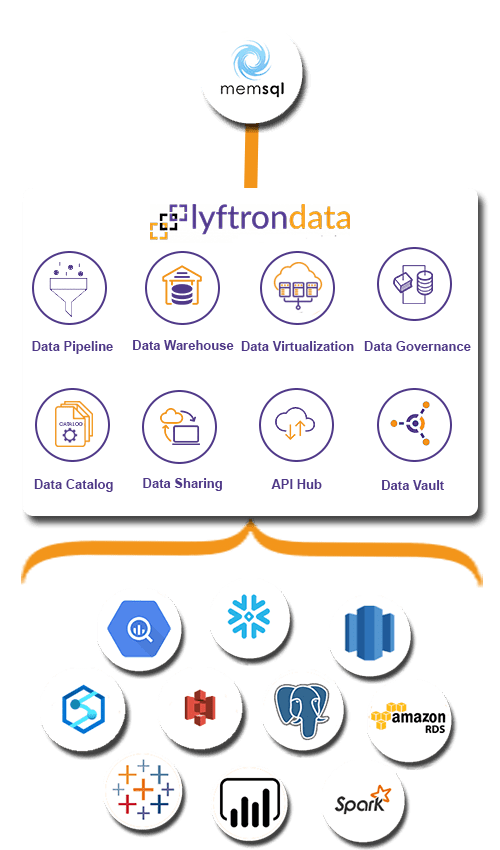

Simplicity
Build your MemSQL pipeline and experience unparalleled data performance with zero training.

Robust Security
Load your MemSQL data to targets with end-to-end encryption and security.

Accelerated ROI
Rely on the cost-effective environment to ensure your drive maximum ROI.

Customer's Metrics
Track the engagement of your customers across different channels like email, website, chat, and more.

Improved Productivity
Measure the performance of your team and highlight areas of improvement.

360-degree Customer View
Join different data touch points and deliver personalized customer experience.
Hassle-free MemSQL integration to the platforms of your choice
Migrate your MemSQL data to the leading cloud data warehouses, BI tools, databases or Machine Learning platforms without writing any code.
Hear how Lyftrondata helped accelerate the data journey of our customers
FAQs
What is MemSQL?
Memsql Integration Database for real-time transactions and analytics. MemSQL converges transactions and analytics for sub-second data processing and reporting.
What are the features of MemSQL?
Manipulating Time Series with SQL: Memsql Integration Database allows you to manipulate time series with SQL.
Extensibility: Memsql Connectors tool uses Extensibility to Increase the Power of MemSQL for Time Series.
Compression: Memsql ETL offers time Series Compression and Life Cycle management.
What are the shortcomings of MemSQL?
Not matured: The product is not fully mature within Memsql ETL.
Don't support mysql: Memsql Integration Database does not always work with MySQL.
Make smarter decisions and grow your sales with Lyftrondata MemSQL integration





